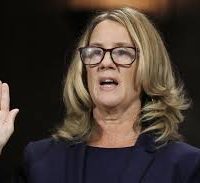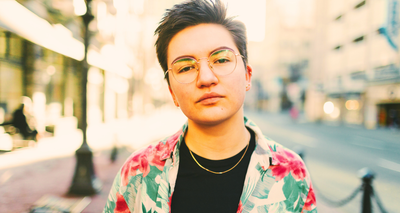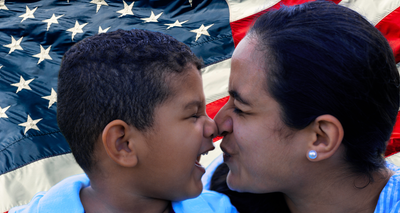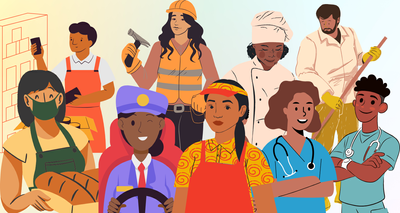Despite the sexual assault accusations against him, Brett Kavanaugh was sworn in as Supreme Court Justice on Saturday. By a close margin vote of 50-48, the Senate granted Kavanaugh a lifetime seat on the most powerful court in America. President Trump tweeted his support for Kavanagh stating that he “applaud(s) and congratulate(s) the U.S. Senate for confirming our GREAT NOMINEE.” President Trump’s tweet comes days after he shamelessly mocked Dr. Christine Ford’s testimony against Kavanaugh and inconsiderately also suggested that the #MeToo movement was creating an unsafe environment for young men.

Dr. Christine Blasey Ford
Kavanaugh’s confirmation came nearly a week since Dr. Christine Blasey Ford, a professor of psychology at Palo Alto University and a research psychologist at the Stanford University School of Medicine, testified before the Senate Judiciary Committee that Kavanaugh sexually assaulted her in high school.
Millions of people tuned in to watch the Kavanaugh hearing- many of them are sexual assault survivors- and as Dr. Ford disclosed what she remembered from that day and her experience with Kavanaugh, you couldn’t help but feel uneasy, afraid, triggered. With a quivering voice and holding back tears, Dr. Ford shared, in a room full of people, the strongest memory she had of her assault: “Indelible in the hippocampus is the laughter—the uproarious laughter between the two and their having fun at my expense,” She continued to say that Kavanaugh pinned her to the bed and covered her mouth to prevent her from screaming while he attempted to remove her clothes. She was 15.

Anita Hill is a Hero Unisex T-Shirt by The Outage
It was extremely difficult to watch Dr. Ford give the details of what happened. In so many ways, it was also too similar to the terrifying experiences sexual assault victims lived through. Twitter confirmed it. In so many ways, victims were triggered. In fact, RAIN (Rape, Abuse, & Incest National Network), the anti-sexual-violence organization that runs the National Sexual Assault Hotline, estimated that their call volume went up 147 percent during the testimony. In addition, when Dr. Blasey Ford came forward, reports of sexual assault increased by 57%.
Chances of sexual assault topics in the media decreasing are very unlikely considering the President, a Supreme Court Justice, priests, a Hollywood mogul, an Olympic gymnastics doctor- to name a few- have all been accused of some form of sexual assault. To help survivors cope, there are a few resources available:
- The National Sexual Assault Hotline’s phone number is 800-656-4673. When you call, you will be connected with a staff member trained in sexual assault trauma from your area. Through RAINN, you will also have the option to ask for a Spanish speaking service provider. The organization uses your phone number, or zip code to find a service provider near you. Calling The National Sexual Assault Hotline is confidential offers a variety of other services including sexual assault forensic exams, referrals for long-term support in your area, information about the laws in your community, and medical information amongst other things.
- The National Sexual Assault Hotline also offers online chatting once you log in.
- If you rather text in for help, check out the Crisis Text Online. The text line is free and it offers support 24/7. Text HOME to 741741 in the U.S. to be connected with a trained counselor seven days a week.
- The Kavanaugh case is especially tough on younger people, who are witnessing that sexual assault in youth has to be proven as credible in adulthood. The End Rape On Campus (EROC) organization is working towards ending sexual assault and violence on campus. EROC offers direct support by connecting survivors to mental health professionals, legal counsel, and support networks.
- The National Domestic Violence Hotline offers help for victims and survivors of domestic abuse. The organization has a page dedicated to consent as well as a page dedicated to immigrants. The National Domestic Violence Hotline is open 24/7 and offers victims support tools to help victims identify and leave unhealthy relationships.
- While this is a local website, Boston University offers a variety of guidelines that can help you help a victim. They offer guides for friends, partners, and parents. The guides help friends and family of victims understand a sexual assault survivor’s current emotional experience and how they can be a beneficial presence during their healing.
If you are feeling triggered or overwhelmed make sure to unplug and take time to yourself. There are numerous resources well equipped to help survivors. You’re not alone.






